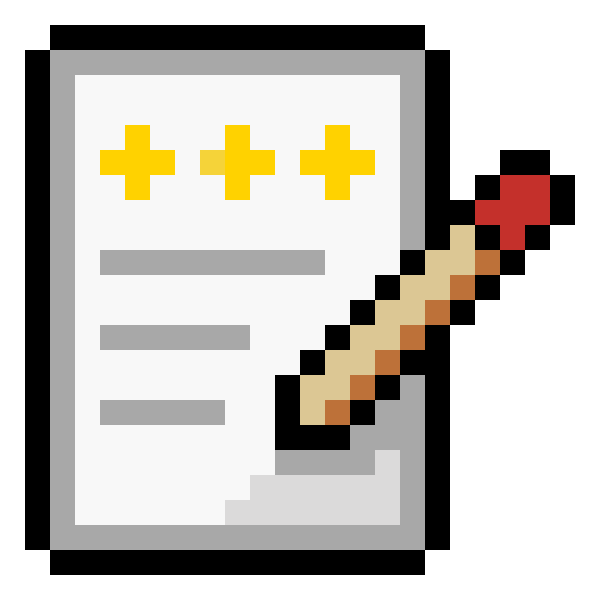376 reads
The Programming Bibliophile - 5 Essential Reads for Tech-minded Book Lovers
by
June 28th, 2023
Audio Presented by

I am a seasoned copywriter and storyteller with expertise in SEO, content strategy, marketing, and project management. I have been in this industry for over 5 years helping entrepreneurs create credibility and fetch conversions with powerful and precise wording.
Story's Credibility



About Author
I am a seasoned copywriter and storyteller with expertise in SEO, content strategy, marketing, and project management. I have been in this industry for over 5 years helping entrepreneurs create credibility and fetch conversions with powerful and precise wording.
